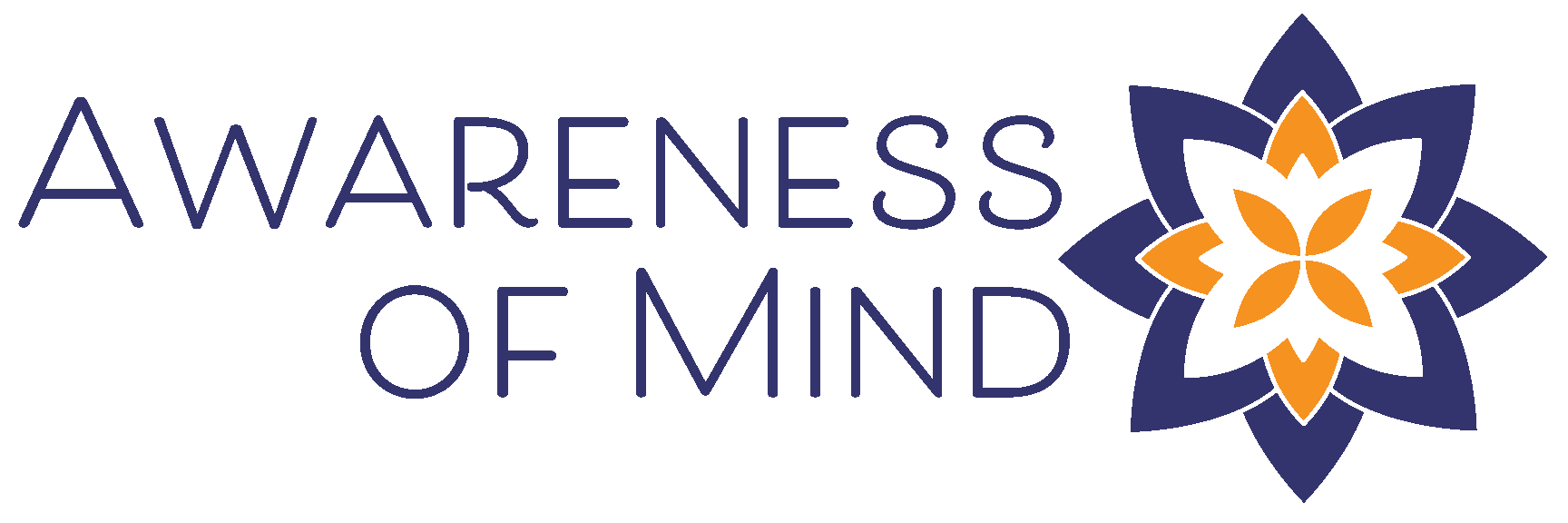Many recent articles of late are talking about the pandemic brain or brain fog. It could be as simple as walking into a room and forgetting why you walked in, or losing your train of thought mid-sentence. Or how about opening the refrigerator and then forgetting why. Sure we may all experienced these to some extent before the pandemic but are you experiencing more of this now? Pandemic brain.
Each of us are experiencing the pandemic in different ways. Consider what you have experienced in the last year. Parents juggling their adjusted schedule and their child’s. Adults living alone or adults without children at home may feel more isolated. Individuals losing their job or the opposite for many who are feeling an increase in their workload. Loss of a loved one or a close person in your life dealing with covid-19. There are also the feelings of fear, loss, worry, and stress from managing our lives during the pandemic.
Pandemic brain is not an official disorder or diagnosis but is being talked about by researchers and scientists that offer an array of advice and solutions.
Raquel Gur, M.D., Ph.D., is a a Professor of Psychiatry Neurology and Radiology at the University of Pennsylvania’s Perelman School of Medicine and is the Director of the Lifespan Brain Institute. She recommends not torturing yourself with a “tired list of wellness recommendations you’ve heard a thousand times before”. Instead she says to ask yourself “what makes you feel better?” Translate your feelings of pandemic brain into an action. What is that you can do to alleviate what you are feeling.? Listening to music, a slow walk, a brisk walk, exercise? Meditating or connecting with others. If you had a routine in exercise before the pandemic, it might be changing it up to a different type or pace of exercise. [source]
A Harvard Health article on responses to stresses provided three general ways to respond to stress: Relaxation, Physical Activity, and Social Support.
“Exercise, such as taking a brisk walk shortly after feeling stressed, not only deepens breathing but also helps relieve muscle tension.”
“Understanding the stress response, Chronic activation of this survival mechanism impairs health“, Harvard Health Publishing, Harvard Medical School, March, 2011 (Updated: July 6, 2020).
In a recent Atlantic article, Mike Yass, a neuroscientist at UC Irvine shared, “based on everything we know about the brain, two of the things that are really good for it are physical activity and novelty. A thing that’s very bad for it is chronic and perpetual stress.”
The pandemic has created a level of perpetual stress. If you are feeling mentally dull or any of the symptoms associated with pandemic brain, first consider what is going to make you feel better. What can you do about your brain fog? There is no standard answer. Each of us are unique beings with unique experiences throughout the pandemic.
Other remedies: begin delegating. You might not have considered delegating certain tasks to your 8 year old but you might be surprised by what they can do and some children enjoy the added independence.
Another recommendation is to change up your routine, shared by UCHealth. If you have been wearing sweatpants everyday, try putting on a different pair of pants or a skirt. Swap that cup of coffee for tea. Have fun thinking of new ways to change up your routine. This may or may not include the sourdough craze.
Lifespan Brain Institute, a collaboration between Children’s Hospital of Philadelphia and University of Pennsylvania led by Dr. Gur, is studying resiliency and mental health during the pandemic. The survey takes 10 minutes and provides a resilience profile and personalized recommendations to improve your well-being during COVID-19 times. Get started here!
Interested in mindfully re-entering the world as it opens up? Check out this workshop: Mindful Re-Entry: Awareness + Tools for Reemerging into the World – held on April 18th at 1pm EST/10am PST.
About the Author: Jen Potocnik is a Certified Integrative Health Coach, and Meditation and Mindfulness Teacher. Facing chronic fatigue in her early 30s, she jumped in deep into researching and learning about different health resources – exploring Traditional Chinese Medicine, Ayurvedic, homeopathic remedies in conjunction with Western Medicine. She enjoys delving into scholarly articles to understand as much as possible about a particularly subject or topic. Jen’s focus is working with women, children, digestive health issues, sleep, and individuals seeking a specific health goal such as weight loss, flexibility or strength. She leads wellness workshops and works directly with clients one on one. Jen is leading the upcoming Mindful Re-Entry: Awareness + Tools for Reemerging into the World – held on April 18th at 1pm EST/10am PST.
